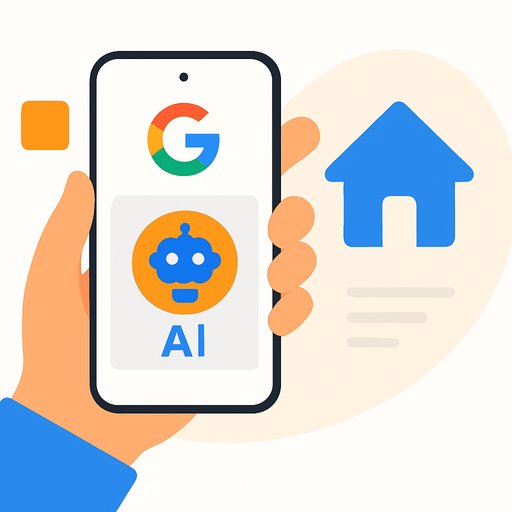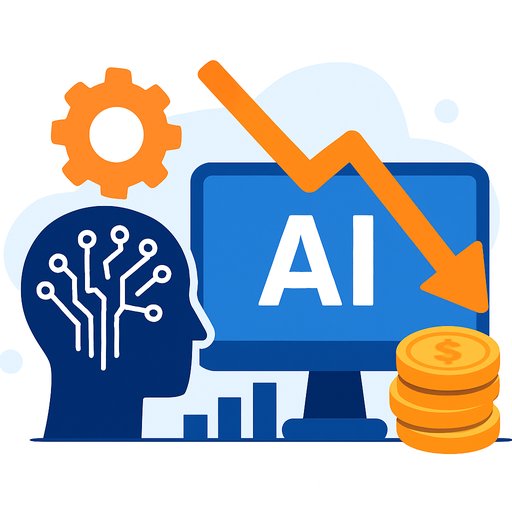Microsoft refocuses: Satya Nadella steps back from sales to double down on AI and data centers
Microsoft is restructuring. Satya Nadella is handing commercial sales and marketing to Judson Althoff so he can focus on AI, product innovation, and data center expansion.
In his note to employees, Nadella said, "Progress isn't linear. It's dynamic, sometimes dissonant, and always demanding." The message: prioritize the next wave of capability, even if it creates short-term discomfort.
The reorg in plain terms
- Judson Althoff becomes CEO of the commercial business, leading sales, marketing, and operations.
- Chief marketing officer Takeshi Numoto joins the restructured group.
- Nadella and senior engineering leaders will spend more time on AI-driven product development and data center buildout.
- Reports suggest Microsoft has committed about $80 billion to expand global data centers to support generative AI at scale.
- The company is leaning into its partnership with OpenAI while competing with fast-moving rivals.
- More than 15,000 roles were cut this year (including 9,000 in July). Nadella acknowledged the strain, noting overall headcount remains near last year's 228,000.
- He urged employees to rebuild trust after layoffs and a return-to-office push, citing the cautionary tale of Digital Equipment Corporation and the risk of becoming irrelevant in the AI era.
Why this matters for product development
This is a signal: compute, models, and data pipelines are first-class product constraints. Org charts follow strategy. Strategy follows capability.
If your product plans don't model latency, inference cost, data quality, and GPU capacity, you're guessing. That won't hold as AI becomes the default interface.
Implications you should plan for
- AI-first roadmaps: Tie feature bets to model capability targets (quality, latency, context window, cost per action). Kill anything that can't clear the bar.
- Infra-aware prioritization: Roadmap around capacity and region constraints. Offer fallbacks when GPU supply tightens or quotas shift.
- Data as a product: Define clear data contracts, feedback loops, and evaluation pipelines. Your model quality will track your labeled, trusted data.
- Model lifecycle rigor: Establish evals, red-teaming, telemetry, and rollback paths. Treat safety and quality gates like payments or auth.
- Cost discipline: Use retrieval and caching before fine-tuning. Prefer smaller, efficient models for frequent paths. Track unit economics per AI interaction.
- Customer trust: Be explicit about privacy, provenance, and control. Provide settings, audit trails, and predictable behavior.
Practical moves to make now
- Run a portfolio audit: Which features get better with AI? Which should stay deterministic? Cut or re-scope the rest.
- Create a shared AI platform team: MLOps, evals, prompt libraries, guardrails, observability. Don't let every squad reinvent the stack.
- Instrument everything: Capture prompts, outcomes, human edits, and costs. Close the loop with continuous fine-tuning or retrieval updates.
- Design for latency tiers: Fast paths use small models + retrieval; heavy paths batch or queue. Set SLOs that reflect real compute limits.
- Stress-test dependency risk: Multi-cloud or multi-model options for critical flows. Have a fallback experience that's still valuable.
- Revise hiring plans: Fewer generalists, more applied scientists, data engineers, and reliability engineers who understand AI workloads.
The bet on data centers
Compute is the new platform. More capacity means faster iteration cycles, better reliability, and room for new product surfaces that were impractical last year.
For product teams, this affects design choices (context length vs. latency), architecture (retrieval and vector stores), and pricing (per-action margins). Reliability is now a user experience feature.
The signal behind the org chart
Nadella is concentrating on the systems that decide who wins the next decade: models, data, and the infrastructure that powers them. Sales follows product when product shifts the category.
His warning stands: success has no franchise value in this industry. Teams that ship useful, reliable AI under real constraints will set the pace.
If you're aligning your roadmap and skills to this shift, here's a curated starting point for product roles: AI courses by job.
Your membership also unlocks:






